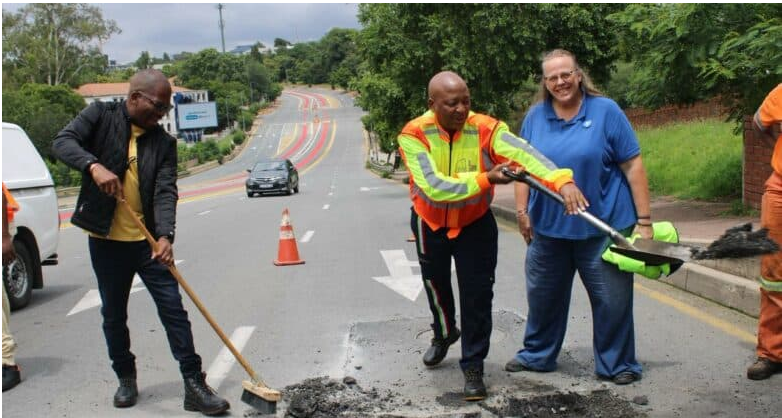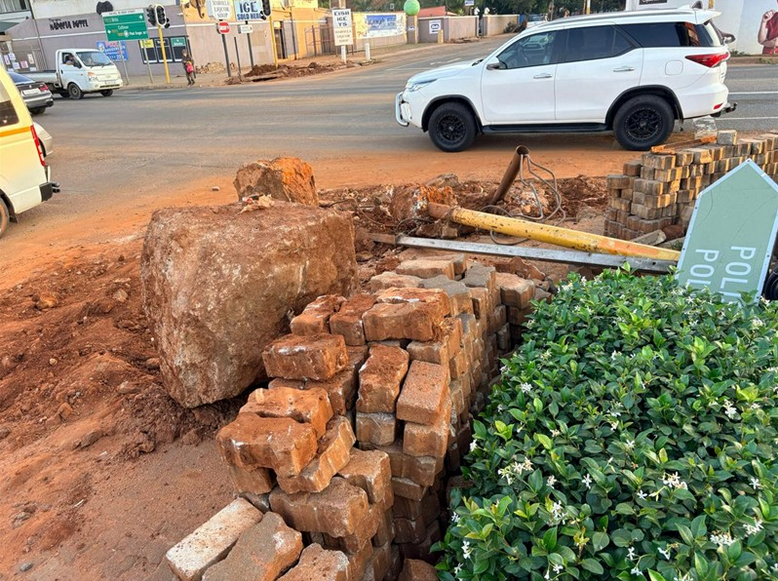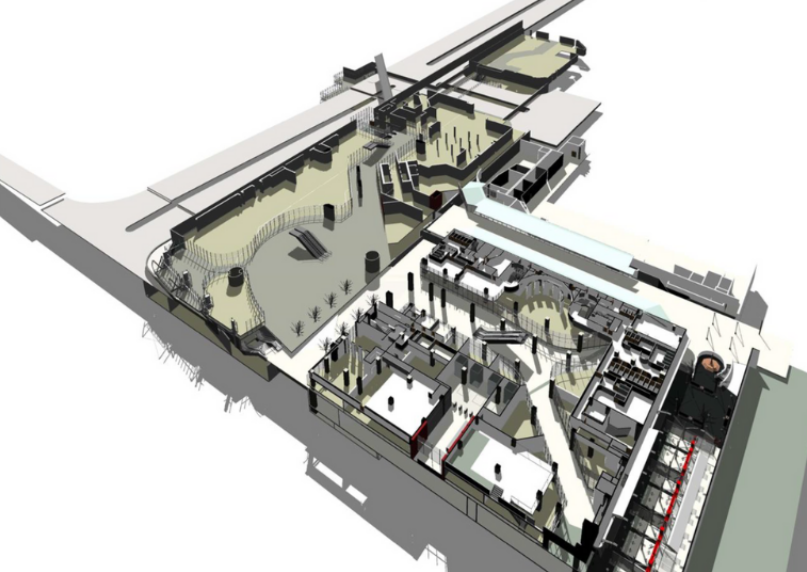Civil construction confidence slumps 38% in Q2

Advertising
25-06-2021
Read : 1083 times
Moneyweb
Source
Confidence in the civil construction industry slumped by 38% in the second quarter of 2021.
This is despite the government’s R340 billion infrastructure expenditure programme announced last year to stimulate the economy post the Covid-19 pandemic and its economic recovery and reconstruction plan, which among other things, envisages aggressive infrastructure investment.
The FNB-Bureau for Economic Research (BER) said on Thursday its civil confidence index fell “to a dismal 13” on a 100-point scale in the second quarter of this year from 21 in the first quarter.
The current level of the index means 87% of respondents are dissatisfied with prevailing business conditions.
FNB-BER said that while respondents were somewhat disappointed with the level of activity, the extent to which confidence declined was not entirely supported by the underlying indicators.
FNB property economist Siphamandla Mkhwanazi said it was highly unlikely that construction activity, on an annual basis, would contract again in the second quarter.
“However, against expectations, it does seem as though the momentum in construction activity seen since the third quarter of 2020 has stalled.
“Furthermore, the percentage of firms that find new construction demand to be elusive remains elevated.
“This suggests that activity growth may be restrained beyond the low-base-induced improvement over the near term,” he said.
FNB-BER referred to Statistics SA data that showed that the real value of investment in construction works declined by almost 18% year on year in the first quarter of 2021 and that, due to base effects, annual growth will likely rebound noticeably in the second quarter of 2021.
Rebound ‘not the experience of the majority’
Mkhwanazi said that while the official data indicates that growth in construction works will be higher in the second quarter of 2121, the survey data for the FNB-BER civil construction index suggests that this is not the experience of the majority of respondents.
“Indeed, against expectations of an improvement, the index measuring activity was unchanged between the first and second quarters of 2021.
“This could have weighed on confidence,” he said.
FNB-BER said keener tendering competition is also stunting confidence, adding that firms are having to price tenders more aggressively, and therefore with narrower profit margins, to secure work.
Commenting on the outlook, Mkhwanazi said the demand for new construction work remains scarce.
“This is further complicated by procurement delays, especially in the public sector.
“There was a rise in the number of survey respondents who commented that the amount of time between tender closing date and tender adjudication is increasing, to the detriment of firms,” he said.
The release of the civil confidence index follows that of the Afrimat construction index earlier this week, which showed that activity levels in the building and construction sector declined by 5.6% in the first quarter of 2021 compared to the previous quarter but remained close to pre-Covid-19 levels.
This was in contrast to the latest FNB-BER building confidence index released last week, which showed that the building industry rose by almost 45% to its highest level since the first quarter of 2018 although this improvement masked the difficult overall environment in the sector.
The building industry, together with the civil sector, comprise the construction industry.
Construction-listed market intelligence firm Industry Insight said earlier this month the construction industry was again by far the worst performing sector in the economy according to the latest GDP data released by Stats SA.
The firm said construction GDP was down by “a staggering 18.1%” year-on-year seasonally adjusted in the first quarter of 2021.
Sector recovery questioned
“This certainly dents the narrative that the construction industry is seeing some sort of robust recovery, which has been pushed by those who think the performance of one company [Raubex] applies to an entire sector, although the data is indeed somewhat worse than expected,” it said.
Industry Insight added that while tender activity has certainly been much improved, there is still little to no evidence that these tenders are being awarded at any sort of reasonable pace.
“It also puts to bed the notion that any of the government’s Strategic Infrastructure Projects (announced and gazetted at the end of July 2020) were indeed ‘shovel ready’ or being fast-tracked on any sort of broad base.
“There has of course been some progress, with a few high-profile projects being awarded, but at a broader macroeconomic level, these have proved so far just to be anecdotal examples, not indicative of the overall environment,” it said.
Industry Insight said a breakdown of the gross fixed capital formation (investment) figures, which are released in conjunction with the GDP data, reveals that investment/activity in the construction industry was down in every sector, including the civil construction industry.
Disappointing
The firm said it has been a lot more upbeat about the civil construction industry and this data “is certainly disappointing”.
“Investment/activity in civil construction was somehow worse than the building segments and was down by a very disappointing 19.0% in the first quarter of 2021 on a year-on-year basis, seasonally adjusted.
“Investment, or activity in the residential and non-residential industries, was down by 18% and 16.3% in the first quarter year-on-year respectively, which was more than expected,” it said.
Industry Insight added that although the overall GDP figures were slightly better than expected, the economy contracted by 2.7% year-on-year in the first quarter of 2021 as it struggled to recover from the Covid-19 pandemic and subsequent global lockdowns.
“The economy is clearly still operating at a much lower level than pre-pandemic, which was also a recessionary period, so that comparison is coming off a low base,” it said.
Industry Insight added that overall the GDP data released by Stats SA was disappointing, specifically for the construction sector, and also highlights that the economy has a long way to go before getting back to the recessionary pre-Covid 19 levels.
Recent News
Here are recent news articles from the Building and Construction Industry.
Have you signed up for your free copy yet?









